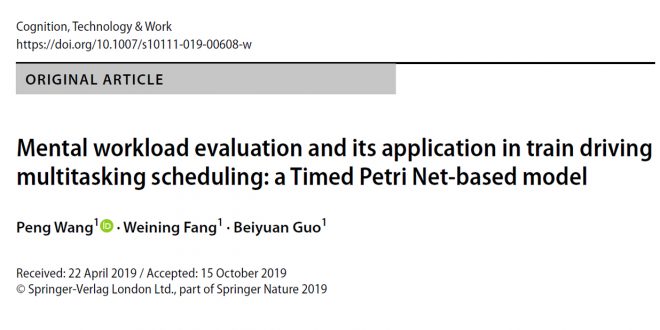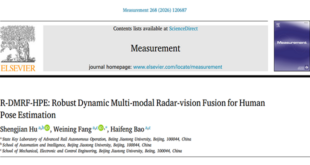Mental workload (MW) plays an important role in the task design of safety–critical systems, which varies across different operators in a given task and affects the performance. It is still a problem to provide a quantitative definition of MW and apply it to the system task optimization design more effectively. Based on this idea, this paper presents a Timed Petri Net (TPN)-based MW evaluation model. The departure phase multitasking scheduling of train driving was treated as an application to concretely represent how does the model improve task design and performance based on the MW evaluation results of individuals. A validation experiment was deployed in a driving simulator, and the Euclidean distance between MW and reaction time was taken as the index of task optimization. Results indicate that the index of the optimized task has a lower value than the original, which means participants achieve a better balance between MW and reaction time in the optimized task design. Besides the design of driver advisory systems, the method is expected to be useful for improving the evaluation accuracy and application efficiency of MW.
References:Peng Wang, Weining Fang,Beiyuan Guo. Cognition, Technology & Work[J], 2019. https://doi.org/10.1007/s10111-019-00608-w
 复杂系统人因与工效学研究所
复杂系统人因与工效学研究所

